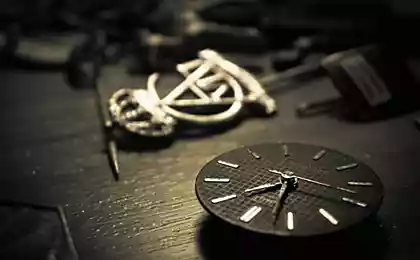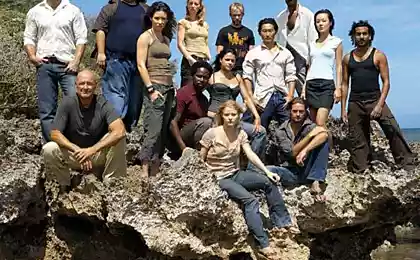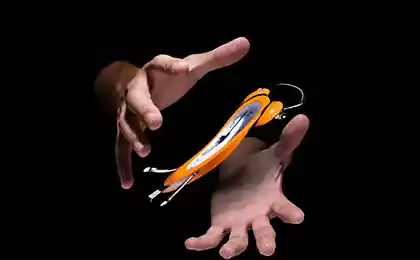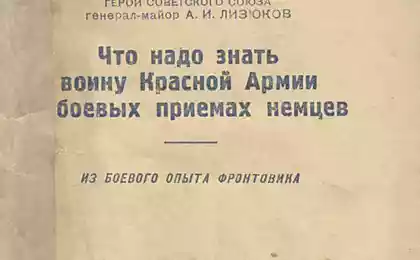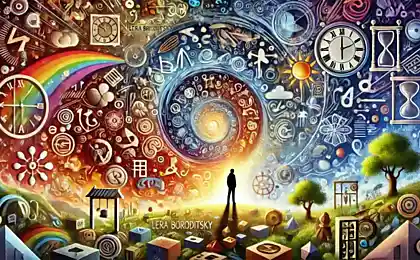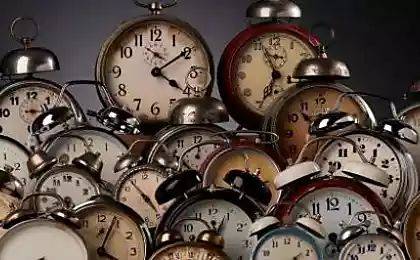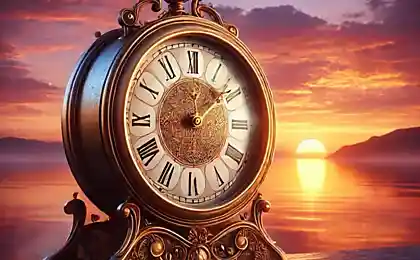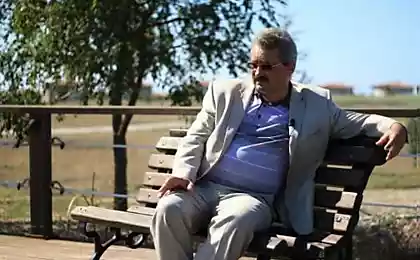662
How and why are distorted our understanding of time
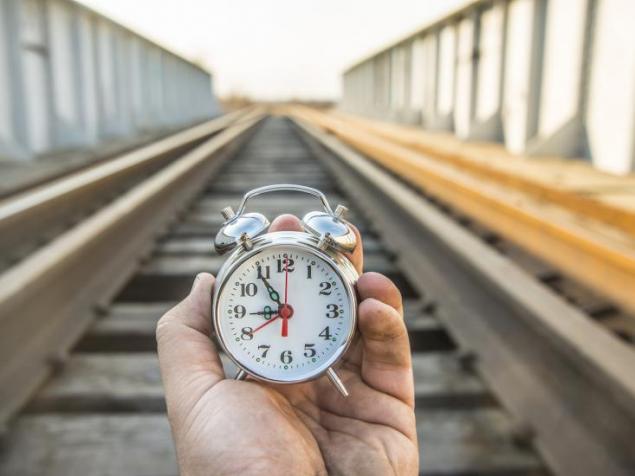
Our idea of time can sometimes throw us unexpected surprises. Imagine, for example, this situation: your colleague tells you that the meeting scheduled for Wednesday transferred to two business days forward. On what day in this situation is to be held this meeting?
Your answer will depend on how you go about your relationship with time. If you feel that the time stream flows in front of you, it is likely that you call on Monday. But if in your mind you are making your way through time, then most likely it will be for you Friday.
And that's not all: your relationship with time depending on what you are currently employed. It's one thing if you have received the above message, standing at the end of a long queue or driving half way on the train - then you are more likely to call on Monday. But if it's your turn just about suitable or only a couple of minutes left before the station, the most natural response will seem to Friday.
When you are waiting for something, whereas if flowing in front, if not, it seems, that the time - it is a kind of medium through which you're going
themselves.
Another factor that can affect the perception of time - this space, especially if we are in an unfamiliar place. Have you ever noticed that when you go somewhere for the first time, the way back seems shorter?
This is because on the way "there" you do not know exactly what distance you have overcome, and commend her on other grounds (such as how many new impressions formed us on the road), - says Claudia Hammond, in his book "Distortion: revealing the secrets of the perception of time. " When we go, or we go to a new place, along the way we see a lot of new and because of that path seems longer than it actually is. And when we return the same way, just raspoznaёm landmarks. New memories are formed with no consciousness and evaluates the same period of time (and space) as short. This effect occurs both during long journeys by car, bus or train, or in relatively small spaces - at airports or amusement parks
.
There is another factor distorting the time - that's how we represent it visually for in relation to our body. In Western cultures, it is assumed that the past is behind you and the future - in the face of the person. This trend is also reflected in our speech ( "looking back and looking his past life ...", "in front of me waiting for an important event"). And these gestures also give our ideas of time - speaking of the future, we often show ourselves
.
Meanwhile, for some past cultures it lies in front of them. For example, representatives of the Aymara Indian tribe living in Bolivia and Peru show a hand in front of him, when they talk about the past. But more strikingly - almost all cultures the future is "out" and, speaking of the time, gesticulating so if it is in some spatial domain
.
Location of objects in space can also affect the sense of time. If you show people consistently lights the bulb, located in the same row, but at different distances, the time between the two flashes of light bulbs will seem longer or shorter depending on the distance between them. This phenomenon is called "kappa effect".
Your text to link ... < / a>
Four trends that will change the view of the professional activities in the next five years
Winter's painting Baranova
